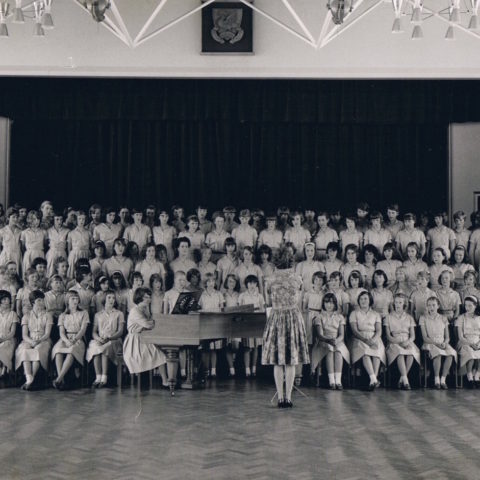The paper problematises mechanisms of internationalism through which knowledge was configured in ways that positioned some international women’s organisations as politically neutral and others as politicised through processes that also mapped onto views about “East/West” organisational locations (de Haan 2010). It draws on Herren’s (2014) spatial view of international organisations as “a self-declared form of interaction across borders that produces footprints and patterns” and Weiss et al’s (2009, 123) analytic of the “Third UN”, which sees external experts, scholars, and “committed citizens” engaging in “idea mongering” with intergovernmental machinery and secretariats. Together these approaches cast international women’s organisations as “spaces of encounter” (Dussel and Ydesen 2017) and accommodate interactions at supranational, international, and national levels.
Analysis proceeds by three steps. The first step draws on records of the International Federation of University Women (IFUW), where political neutrality around “disinterested knowledge” (Goodman 2012) formed a fundamental organisational value in the international arena. This step focusses on spaces of exchange, routes of knowledge, and women who acted as transnational connectors as the IFUW engaged in the educational policy landscape pre-and post World War 2 (WW2). Objectives in this step include analysing the equivalence of degrees as a process of standardisation that flowed in multiple directions through a dense network of international, supranational, national and local organisations with differential outcomes that included both transnational co-operation and inclusions and exclusions for entry to particular universities and to the IFUW. This section of the paper argues that aspects of ‘race’ related to standardisation illustrate illusions of egalitarianism that rendered “neutrality” in the IFUW a political project (Goodman 2019b in press).
The second step draws on records of the Women’s International Democratic Federation (WIDF) post WW2 where issues related to children were prominent within conference agendas, and conferences on children’s issues were hosted (Mackie, 2016). This step focuses on the WIDF’s embrace of a “neutralism” that would not be “neutral in the face of anti-colonialist struggle” but would strive “for equality between all peoples … and for the happiness of … children in a world of peace and prosperity” (quoted in Goodman, 2019a). Objectives in this step include analysing how Cold War assumptions that shaped the view of the WIDF as “suspect” and “deeply politicised” (de Haan 2010, 547) resonate in how the WIDF is portrayed as located ideologically in the “East” and behind a metaphorical iron curtain, as a communist but not feminist organisation (de Haan, 2012), and as an organisation deploying “propaganda” rather than “objective” knowledge (Goodman, 2019). This section of the paper argues that this positioning resonates with similar assumptions around “East/West” international relations at UNESCO that Ydesen (2017) and Kunazarov (2017) illustrate.
The third step focuses on Germaine Hannevaart and Eugene Cotton, both of whom engaged with the IFUW and the WIDF. It concludes (following Gottlieb 2016) that their trajectories might be seen as a series of transnational encounters rather than through organisational positioning across an “East\West” divide framed through the politics of knowledge.
Joyce Goodman, International Women’s Organisations and the Politics of Knowledge: Organisational Positioning and Encounters across an “East/West” Divide, paper at ISCHE 41 Porto, 16-20 July 2019: Multilingual Panel: National, International and/or Transnational? Disentangling Dimensions of Women’s Educational Work, 2019, delivered in absentia
